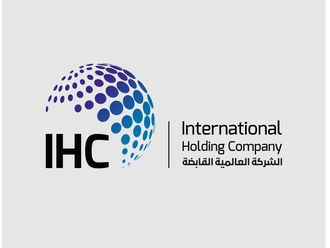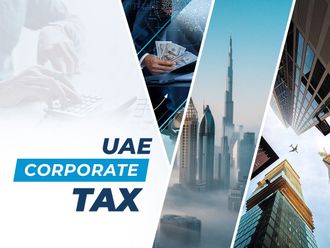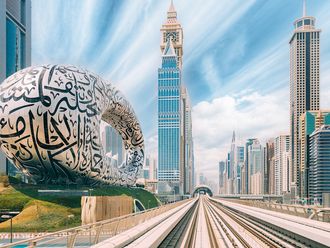The refining industry never fails to impress be it technological innovations or horizontal and vertical expansions. Among the most impressive expansion projects in our region is the expansion of the Ruwais refinery in the UAE. In fact, the project could be viewed as a complete grassroots refinery in an area that is becoming one of the largest industrial centres in the Gulf.
The new project is well under way and expected to be completed by the end of 2013 or early 2014 and may cost about $10 billion.
The Ruwais refinery, which started operations in 1982, has seen many expansions to reach the processing capacity of 350,000 barrels a day of crude oil and condensate.
The new expansion will more than double the capacity as it involves an additional 415,000 barrels a day crude distillation capacity based on Murban crude oil feedstock.
Features
One of the most important features of the new refinery is that it is complex with more than one kind of conversion technology being used to reduce fuel oil production and enhance production of light products. At a capacity of 127,000 barrels a day, the combination of residue desulphurisation and residue fluid catalytic cracking is one of the largest in the world in addition to a hydrocracking unit which will make products of very low sulphur to match the country's drive to improve the environment and reduce emissions.
It is probably the first time in the region that gasoline will be produced with very low levels of benzene, the carcinogenic compound that has received much attention in developed countries.
The refinery will also produce petrochemicals feedstock to be sent to nearby petrochemicals sites around Ruwais. The cracking unit is specially designed to produce propylene for this purpose.
The products specifications in the UAE, therefore, will be greatly improved with the completion of the project. Exported surplus products will also easily find markets in the mature regions around the world.
Whenever logistically possible, some products from this refinery could be blended with products from less developed refineries to improve the overall quality of products in the country.
It is however unfortunate that the project is being developed when the costs of engineering projects are very high especially in the oil and gas industry.
The years 2004-2008 were marked by high oil prices, refining tightness around the world and high margins, which encouraged the construction of many refining projects.
Cost
In the same period, project costs may have risen by 50 per cent to 100 per cent or 85 per cent on an average due to huge expansions around the world in expectation of future demand. The global financial crisis and its effects on the economy are seen to have ended the rise in engineering project costs. It may have declined by 25 per cent now, it's still very much higher than a few years ago.
Such high costs will certainly impact the profitability of the new refinery though its complexity and ability to produce high quality and yields of light products will make its profit margin higher than others. The problem is that margins are never stable. And if they are good or bad indicators at a point in time, we need highly competent management to maintain the profitability of the refineries by reducing losses, energy consumption and process units downtime.
Speciality
Production of speciality products often helps profitability of any refinery as well as its integration with petrochemicals. At the same time, the world is expected to come out of its economic woes by the time the Ruwais refinery expansion comes on stream, and by that time, demand for products and the accompanied expectations for prices and margins may be positive indeed.
The UAE is not alone in the refinery expansion business. Opec Secretariat estimates that by 2015, Opec member countries will increase their refinery distillation capacity by two million barrels a day which will bring the Opec capacity to over 10 million barrels a day.
There is need for a robust refining industry domestically and internationally. The highly-technical link between the upstream and the consumer will never lose its importance though its profitability is often questioned.
The writer is former head of Energy Studies Department at Opec Secretariat in Vienna.












